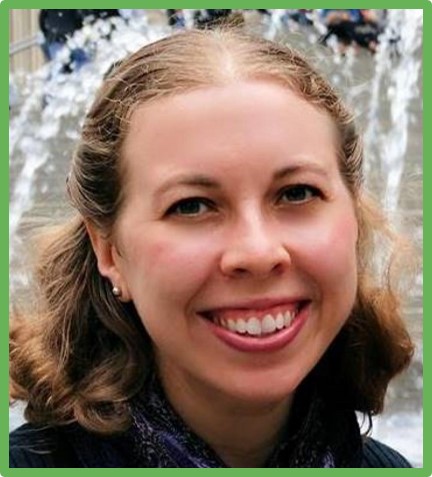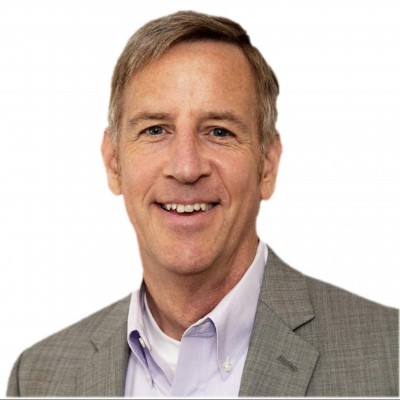Re. Laura Randall is the Director of The Legacy Challenge , which gave a match for new planned gifts for the Wake Now Our Vision Collaborative Campaign initiative and Unitarian Universalist congregations. Interviewed by Mark Ewert, Rev. Laura gives us an update on the exciting and successful results of this program:
Q: What is the estimated amount that The Legacy Challenge has secured in planned charitable donations?
L.R.: We are at over $92 million and legacy challenge forms are still coming in!

Rev. Laura Randall
Q: How much of this will go to congregations and how much to the other organizations?
L.R.: Approximately 85% of the legacy gift intentions and the subsequent matches are going to congregations and about 15% is going to the six Wake Now Our Vision partners who envisioned and created the Legacy Challenge campaign.
Q: How long did it take for the match to be completed, with the matching dollars from the program? When did that completion happen?
L.R.: It took about 20 months for the matching funds to be completely allocated. The Legacy Challenge match began in January 2017 was exhausted in late August of 2018.
Q: What types of gifts, or “vehicles”, have been used?
L.R.: The most common types of gifts submitted to the Legacy Challenge campaign were gifts through a will, also known as bequests, and gifts made through retirement accounts via a beneficiary designation form. It was great to see so many people using retirement accounts as a way to make their legacy gifts as this usually a very easy legacy gift to arrange. Many IRA custodians allow you to update your beneficiaries online now or through a simple form they mail to you. I was able to make my own legacy gift arrangement for the UUA from my retirement account online in less than ten minutes!
Q: What are some of the most unusual gift types that were planned?
L.R.: We had a few people make legacy gift intentions using trusts and real estate. These types of planned gifts are common in the world of legacy giving but they were in the minority of gifts we saw during the Legacy Challenge. One type of legacy gift which I think we will be seeing more of in the future is the death benefit on a Donor Advised Fund (DAF). Just a few years ago, we didn’t see any legacy giving through DAFs but the Legacy Challenge inspired a handful of this type of gift.
Q: Tell us a story related to this program.
L.R.: One story that really sticks with me is from a donor who wrote me to say that the Legacy Challenge inspired her to do what she had been planning on doing for some time, which was including her congregation in her estate plans. While she was filling out the forms she needed to arrange for this gift to her congregation, she began to reflect on the Wake Now Our Vision Collaborative Campaign itself and how interconnected our UU congregations and UU institutions really are. In that moment, she decided to double her legacy gift intention, leaving as much to the Wake Now Our Vision campaign as she left to her individual congregation. She wrote, “Completing the pledge form was a spiritual moment for me. I support my congregation because they are my family. I support WNOV to remind myself that we are all family.” This donor really embodies the spirit of the Wake Now Our Vision Collaborative Campaign.
Q: What have you learned (or has been learned) about UU congregations in this process? What has surprised you in a positive way?
L.R.: In many ways, most of this program was a learning experience and full of surprises because a collaborative Legacy Challenge of this scope has never been attempted before in the world of philanthropy as near as we can tell. We Unitarian Universalists have been breaking new ground here and there are many non-profits watching us and hoping to learn from our example.
What comes as no surprise is that every congregation is different, and they all fall at various points on the spectrum of using legacy giving as a stewardship tool. Some congregations have had a robust planned giving program for years and see the benefits of it. Other congregations haven’t even considered it as a possibility.
Q: What advice would you suggest to UU congregations in the wake of this successful match program?
L.R.: My main piece of advice would be to keep going. Legacy giving is always important, whether 10% of the gift can be matched or not. Remember that legacy giving compliments other stewardship efforts; it doesn’t compete with current giving.
I would also encourage folks to attend one of the monthly webinars hosted by myself and my colleague at the UUA, Jay Pacitti. Each month, we present the basics of starting and sustaining a successful legacy giving program. There’s also time during these webinars to ask questions. You can learn more about these webinars here: http://plannedgiving.uua.org/resources-for-my-congregation
Q: How would you characterize the future potential for planned giving in UU congregations, based on this experience?
L.R.: If the Wake Now Our Vision Legacy Challenge has shown us anything, it is the incredible potential there is within our faith for legacy giving. So many of the people I spoke with during this campaign said that they had been meaning to make a legacy gift for a long time but only acted when they got an invitation to participate in the Legacy Challenge. I think this shows the importance of lifting up the value of legacy gifts and actually asking for them in our communities! There is joy to be found in the creation of generous and loving legacies and being invited to be a part of this creation matters.
Mark Ewert is a stewardship consultant with the Stewardship For Us team. Mark works with congregations on their stewardship programs and can be reached at mewert@stewardshipforus.com, via the UUA’s Congregational Stewardship Resources page (http://www.uua.org/finance/fundraising/consulting), or through your regional staff.

Mark Ewert is a stewardship consultant, a Chartered Advisor in Philanthropy® (CAP®), and a professional leadership and philanthropy coach (PCC) certified with the International Coaching Federation.
His experience includes founding a nonprofit, working as a fundraiser, and leading a national organization. Reach Mark at Team@StewardshipForUs.com
